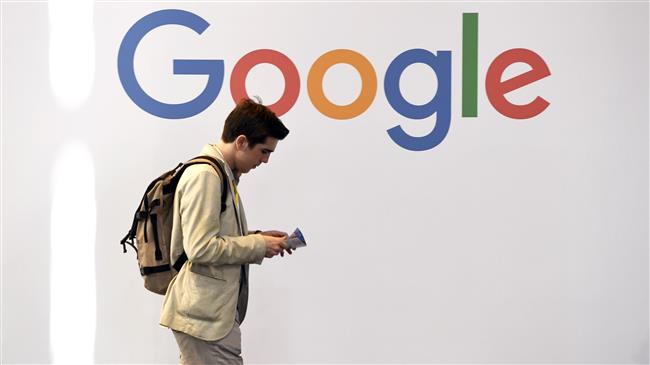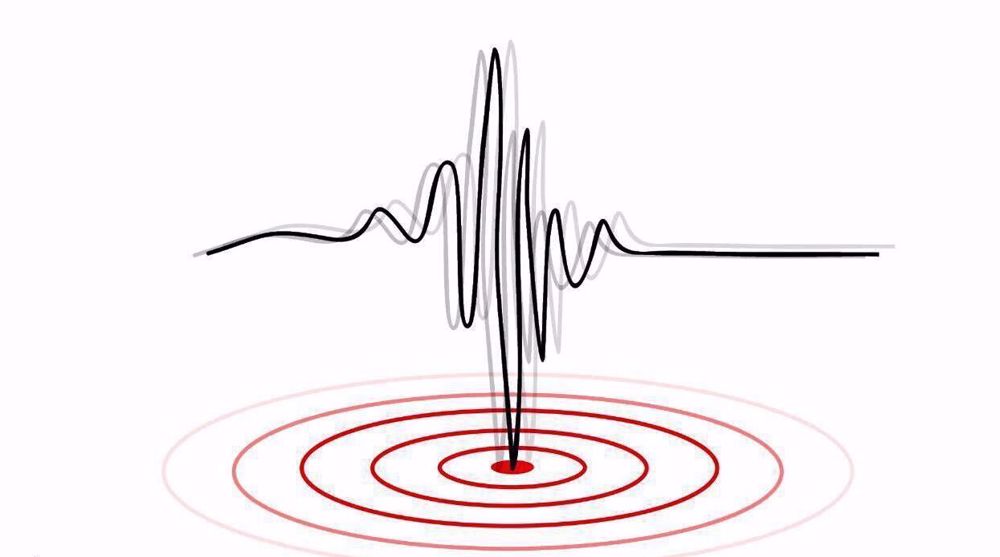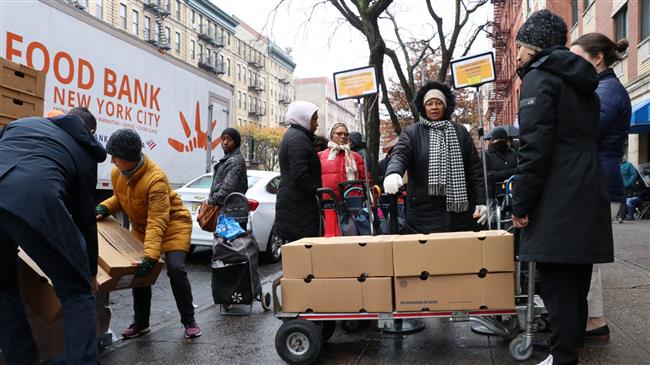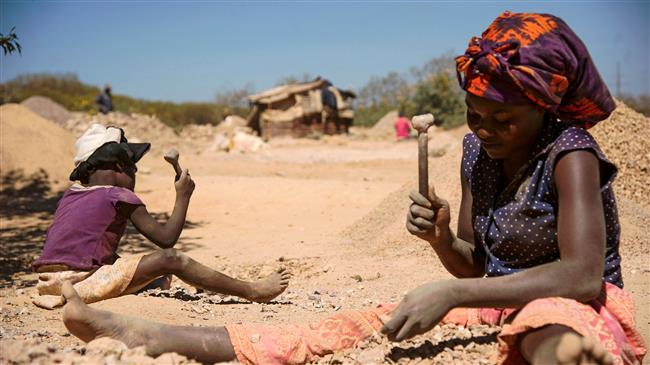Google releases users' location data citing coronavirus fight amid privacy concerns
Google says it has begun sharing people’s location and movement data to contribute to data pools that help fight the new coronavirus outbreak, with activists and experts warning about the threats that the measure poses to individual privacy and how the gleaned data is open to misuse.
The company has published charts, which reportedly depict how the infection has affected people’s movements about worldwide.
So far, it has released reports showing traffic to retail and recreational venues, train and bus stations, grocery stores, and workplaces for 131 countries.
‘Billions of users’
Google has gleaned the information from the analysis of location data from billions of Google users’ phones.
The company claims that it now shares the information with the people worldwide, while it would only provide them to authorities in the past.
The location data-sharing spree has, meanwhile, sparked debate among those calling it a privacy-invasive method and cautioning that the information obtained thus is open to far-reaching manipulation.
Potential misuse
Cited by the CNN, Mark Skilton, director of the Artificial Intelligence Innovation Network at Warwick Business School in the UK, said Google's decision to publish data "raises a key conflict between the need for mass surveillance to effectively combat the spread of coronavirus and the issues of confidentiality, privacy, and consent concerning any data obtained."
"Covid-19 is an emergency on such a huge scale that, if anonymity is managed appropriately, internet giants and social media platforms could play a responsible part in helping to build collective crowd intelligence for social good,” he added.
Skilton, however, cautioned that such intelligence could also be used for “profit.”
Google, itself, asserts that it has adopted technical measures to ensure that no individual could be identified through the reports. It has also ruled out reporting demographic information.
The company has said, though, that it was open to including additional information and countries in its follow-up reports.
‘Ethnic cleansing’: Hamas blasts Israeli attacks on Gaza hospital amid intl. silence
Saudi delegation meets HTS leader at presidential palace in Damascus
Relentless Israeli ceasefire violations justify need for self-defense: Lebanese MP
Tel Aviv tells Damascus Israeli forces will remain in occupied territory: Report
Dec. 22: ‘Axis of Resistance’ operations against Israeli occupation
‘Abhorrent’: Oxfam says only 12 trucks delivered aid in North Gaza since Oct.
VIDEO | Leader receives religious eulogists on Hazrat Fatima birth anniv.
Pope Francis slams Israel’s ‘machine-gunning’ of Gaza children














 This makes it easy to access the Press TV website
This makes it easy to access the Press TV website